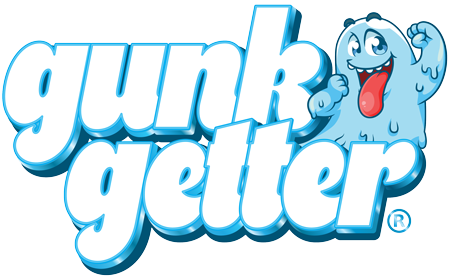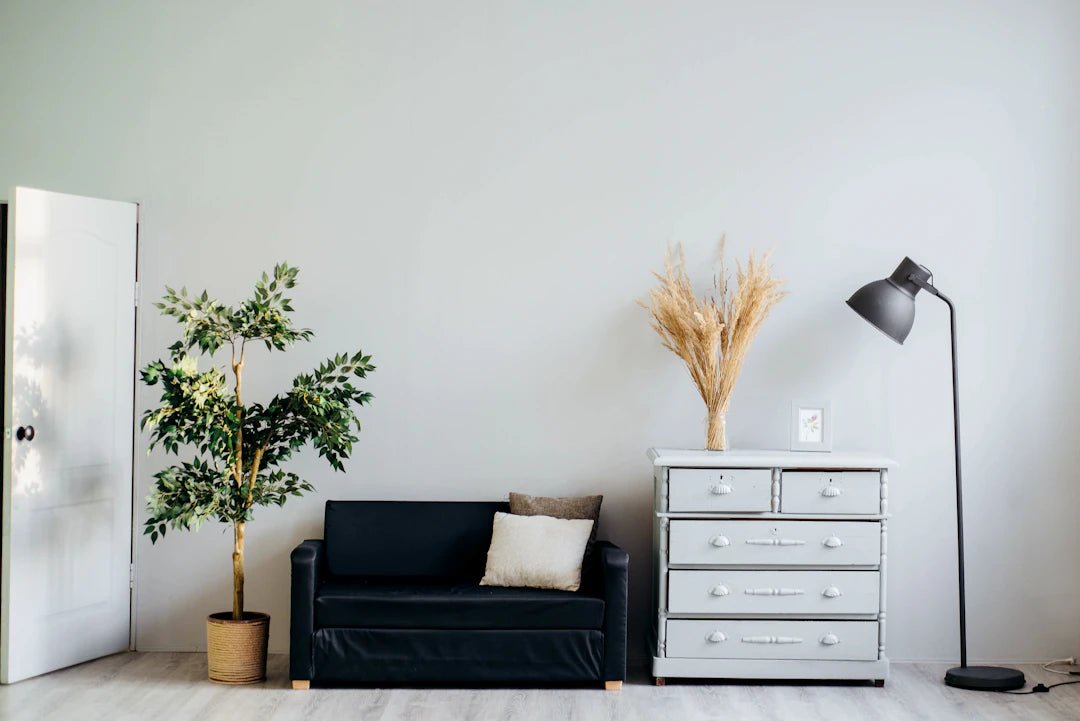Frequently Asked Questions
1. Why is cleanliness important?
2. How can I create a successful cleaning routine?
3. What is the 'One In, One Out' rule?
4. What storage solutions can help maintain cleanliness?
5. How can I make cleaning a team effort?
In our fast-paced world, maintaining cleanliness can feel like an uphill battle. Whether it's your home, workspace, or a specific area in your life, keeping things clean is key to health and productivity. In this post, we’ll explore practical strategies and tips to help you maintain cleanliness for the long haul. Let’s dive in!
Understanding the Importance of Cleanliness
Cleanliness is often linked with good health, productivity, and even mental clarity. A clean environment can minimize distractions, reduce allergens, and create a serene atmosphere. Here are a few important points to consider:
- Health Benefits: Regular cleaning helps eliminate allergens and germs.
- Improved Productivity: A neat space reduces stress and boosts focus.
- Enhanced Mood: Clean environments can uplift your spirit and promote positivity.
Creating a Cleaning Routine
Establishing a routine is crucial for maintaining long-term cleanliness. Here are steps to develop a successful one:
Assess Your Space
Before creating a routine, evaluate the areas that require regular cleaning. This assessment can guide your cleaning frequency and methods.
Set Priorities
Identify high-traffic areas or spots that accumulate mess more quickly. Prioritize these spaces in your cleaning schedule to ensure they stay neat.
Establish a Schedule
Daily, weekly, and monthly tasks should be outlined in your schedule. For example:
- Daily: Tidying up surfaces and performing quick spot cleans.
- Weekly: Deep cleaning specific areas like kitchens and bathrooms.
- Monthly: Decluttering and organizing storage spaces.
Decluttering for Efficiency
One of the most effective ways to maintain cleanliness is by reducing clutter. A clutter-free space is easier to keep clean and organized. Here’s how to tackle clutter:
Sort and Categorize
Gather items and categorize them based on their function. This approach will help you decide what needs to stay, what can be donated, and what should be tossed.
Use the "One In, One Out" Rule
To prevent a buildup of items, adopt the "one in, one out" rule. For every new item you bring into your space, remove one item. This keeps your possessions in check and promotes minimalism.
Utilizing Storage Solutions
Effective storage solutions can significantly simplify your cleaning routine. Consider these ideas:
Invest in Quality Bins and Baskets
Using bins and baskets helps keep similar items together and prevents chaos. Label each container to quickly identify its contents.
Maximize Vertical Space
Don’t forget to use vertical space in your home or office. Wall shelves and hanging organizers can free up essential floor space, making cleaning more manageable.
Keep Cleaning Supplies Accessible
Having your cleaning supplies organized and accessible can motivate you to maintain cleanliness. Here’s how to streamline your cleaning supplies:
Create a Cleaning Caddy
A cleaning caddy can help you keep all your supplies in one convenient location. This mobile solution enables you to clean rooms in a breeze.
Store Supplies Near the Cleaning Zones
Store your cleaning supplies close to their respective zones. For example, keep bathroom cleaners in or near your bathrooms for quick access.
Incorporating Daily Habits
Simple daily habits can dramatically affect cleanliness and organization. Here are a few to incorporate into your routine:
Make Your Bed Each Morning
A made bed sets the tone for a tidy bedroom. It can make the entire room feel more organized and inviting.
Utilize Doormats and Shoe Racks
Prevent dirt from entering your home by placing doormats outside and inside your entrances. Also, consider using shoe racks to keep footwear organized and at the door.
Mindful Cleaning Techniques
Being intentional about how you clean can contribute to long-term cleanliness. Here are effective methods to consider:
Adopt the “Clean As You Go” Principle
This principle encourages tidying up while you work or engage in activities. For example, clean as you cook—wash utensils while waiting for food to cook. This makes end-of-the-day cleanups much less daunting.
Involve Everyone
If you share your space with others, involve them in cleaning. Create a team effort where everyone contributes, making maintenance a shared responsibility.
Maintaining Cleanliness in the Long Run
Strategies for long-term cleanliness must be sustainable. Incorporate these techniques into your daily life:
Review and Revise
Periodically review your cleaning routines and strategies. If something isn’t working, be flexible enough to adapt. Continuous improvement is key to achieving long-term cleanliness.
Celebrate Small Wins
Recognize your improvements and celebrate the small victories. Acknowledging progress fosters motivation and encourages consistency.
Creating a Clean Environment for Well-being
Ultimately, a clean and organized space not only benefits your physical health but also complements your mental well-being. A tidy environment brings peace and enhances the quality of your day-to-day activities.
Embrace the Journey of Cleanliness
Maintaining long-term cleanliness is a journey that requires commitment and vigilance. By adopting practical strategies and cultivating daily habits, you can transform your environments into sanctuaries of cleanliness. Remember, it’s not just about cleaning—it's about creating a harmonious space that supports your lifestyle. So, gear up and take those first steps towards a more organized, clean, and refreshing environment that enhances your life!


Share:
The Connection Between Clean Homes and Productivity
The Importance of Regular Household Cleaning